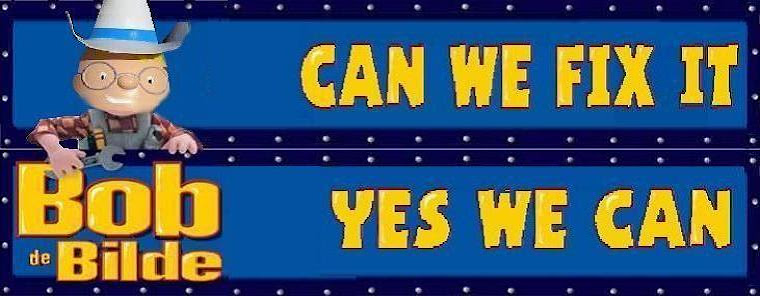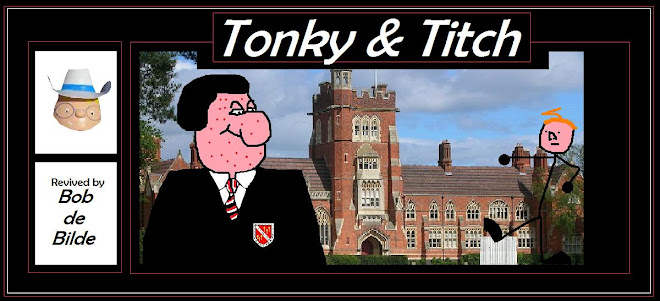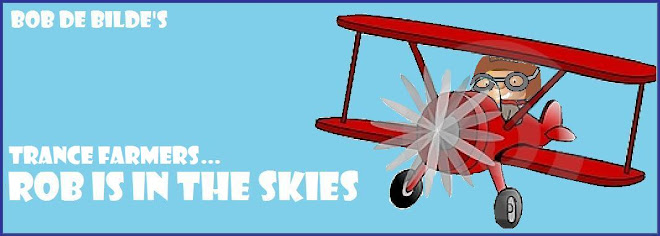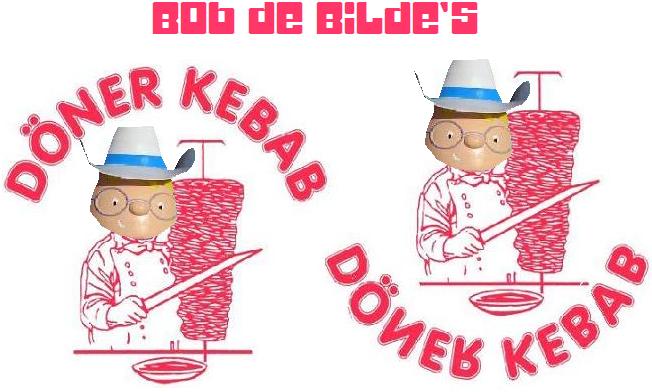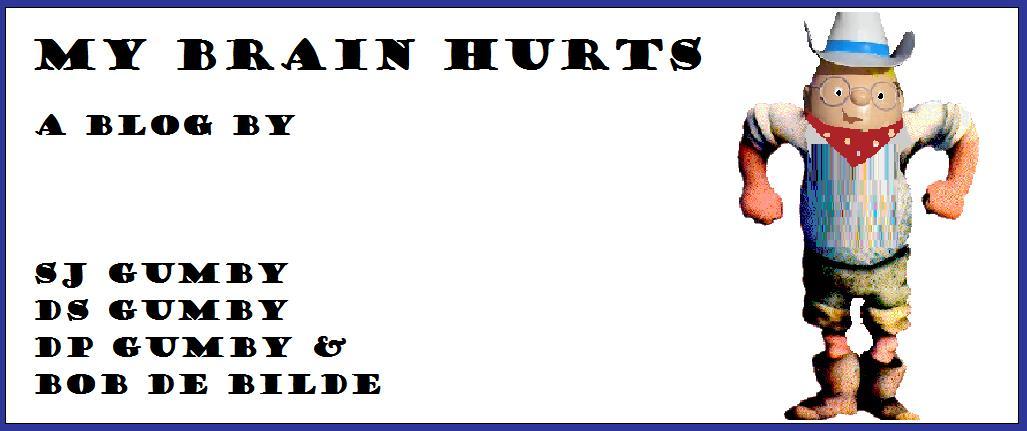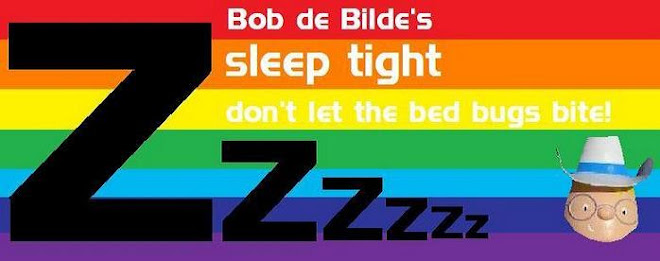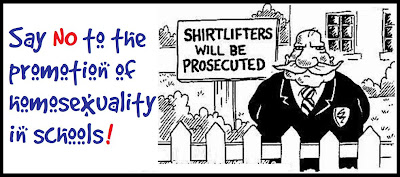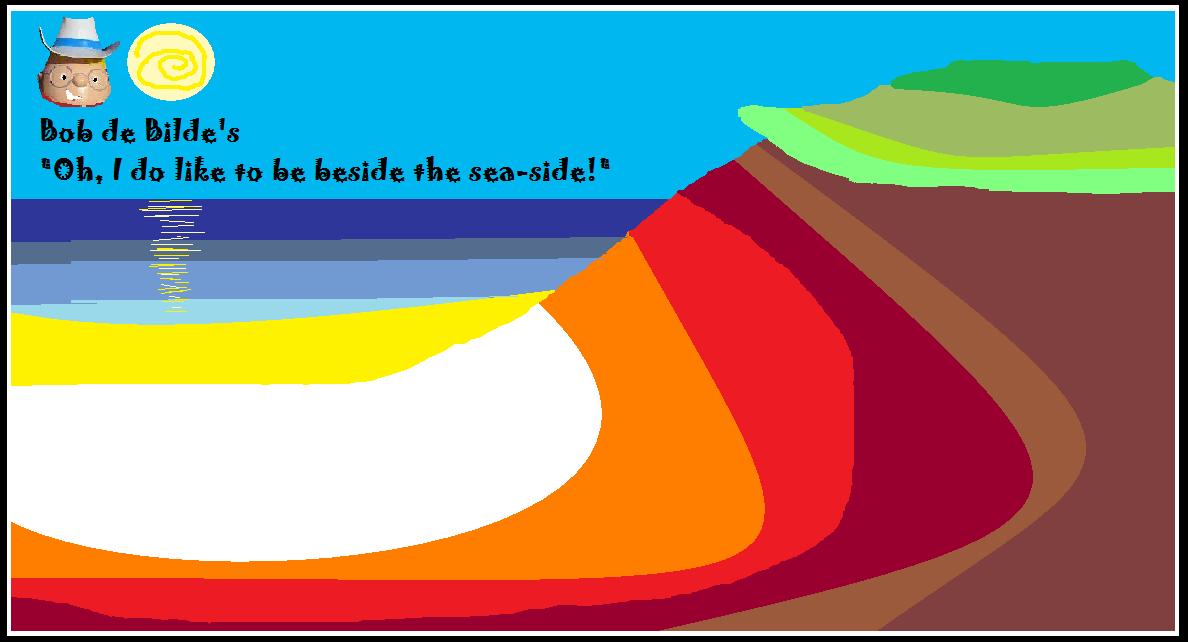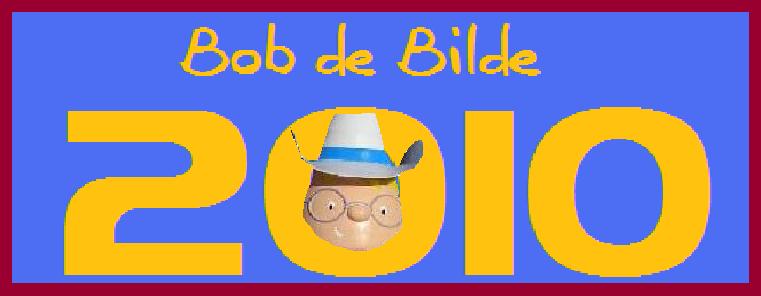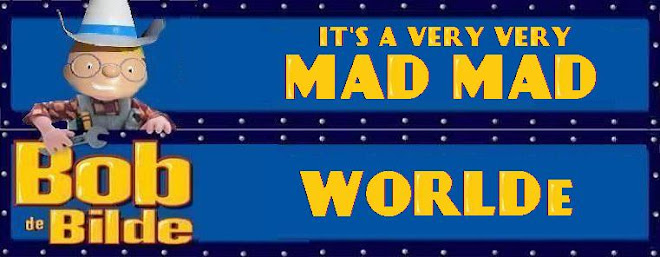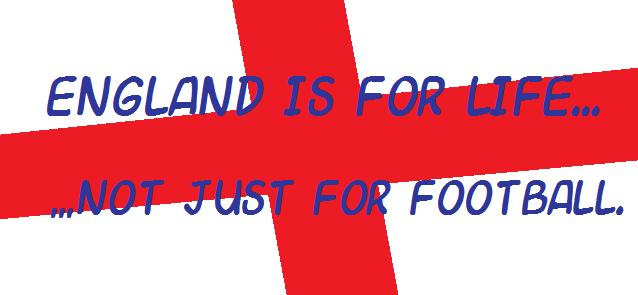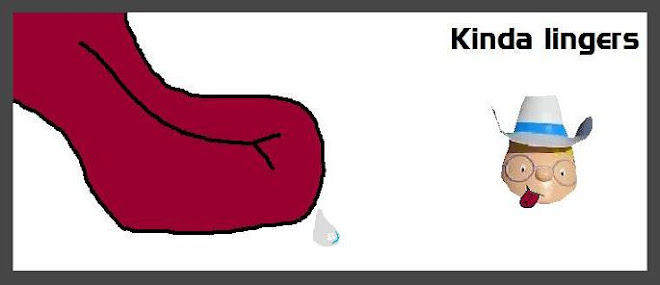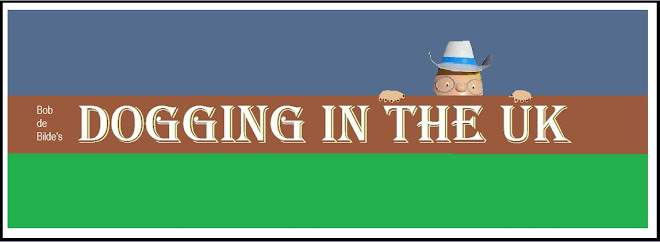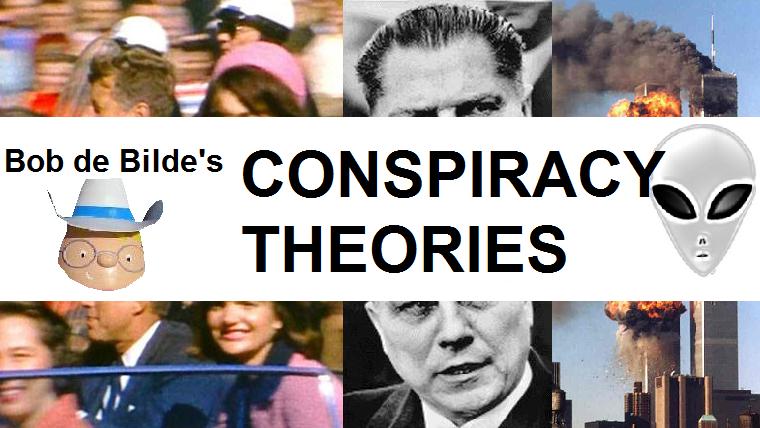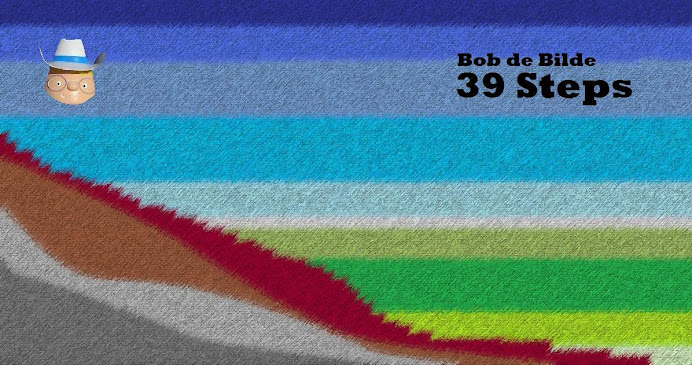
Not known for any alcohol or substance abuse, I have loathed this person ever since I first saw him on TV. Overpaid and obnoxious, he has recently announced he will give up his BBC golden handcuff contract in July 2010. I've included him here because he is
an obnoxious dick, Ted.Controversies
BBC contract
In April 2006, Ross, along with other BBC personalities, had details of his fees leaked to the tabloid press. It was claimed at the time by a then unidentified BBC mole, that Ross earned £530,000 (equivalent to £10,000 per show) per year for hosting his Radio 2 show. This was a controversial revelation. For some, the BBC was abusing its dominant position over commercial rivals in paying popular personalities such high fees, and for others debasing its public service remit. While refusing to comment specifically on the leak in line with the BBC policy on the matter, Ross did hint during his radio show that the figure was exaggerated; in addition to this, any pay highlighted as being 'his' would actually be split between himself and his producer/co-presenter on the show, Andy Davies.
David Cameron interview
In June 2006, when Conservative party leader David Cameron appeared on Friday Night with Jonathan Ross, Ross began a line of questioning relating to Conservative ex-Prime Minister Margaret Thatcher, culminating in the question "Did you or did you not have a wank thinking of Margaret Thatcher?". Ross was defended by the BBC publicly but repeat showings of the interview have been banned.
In 2006, Ross was criticised when he made a joke against Heather Mills, soon after she and Paul McCartney announced they were to divorce. He branded Mills, who only has one leg, a "fucking liar" and that he "wouldn't be surprised if we found out she's actually got two legs".
On 5 December 2007, Ross joked at the British Comedy Awards that his salary meant that he was "worth 1,000 BBC journalists". His quip came shortly after the BBC had announced plans for more than 2,000 jobs cuts, and was condemned as "obscene" by the general secretary of the National Union of Journalists.[23]
The Russell Brand Show and Andrew Sachs
Following a guest appearance by Ross on the The Russell Brand Show broadcast on 18 October 2008, Ross was suspended for 12 weeks without pay by the BBC on 29 October, after a series of answer phone messages were left for 79-year-old actor Andrew Sachs by Russell Brand and Ross, which were broadcast on the pre-recorded show. After little initial interest, a media story about the calls generated a high number of complaints. Brand resigned from the BBC, while Ross was suspended without pay. BBC director general Mark Thompson stated that Ross should take the disciplinary action as a "final warning". The BBC was later fined 150,000 pounds by Britain's broadcast regulator for airing the calls.
On 21 November 2008 the BBC Trust said that the phone calls were a "deplorable intrusion with no editorial justification". The trust gave its backing to Ross's 12 week suspension but recommended that no further action be taken against him. He returned to work in January, and the first episode of a new series of Friday Night With Jonathan Ross with guests Tom Cruise, Stephen Fry and Lee Evans, and music from Franz Ferdinand, was broadcast on 23 January 2009.
Gwyneth Paltrow interview
The BBC Trust ruled that Ross’ interview with Gwyneth Paltrow, broadcast on 2 May 2008, breached editorial guidelines. They ruled that bad language in an episode of Ross's pre-recorded BBC1 chatshow, Friday Night with Jonathan Ross, in which the presenter told Hollywood actress Gwyneth Paltrow he "would fuck her" was "gratuitous and unnecessarily offensive". The trust said it disagreed with the judgment made by BBC management that the episode should be broadcast uncensored, adding that the comment was made in an "overly sexual way" and that it had upheld a number of complaints made about the edition of Friday Night with Jonathan Ross.[29] The trust reminded BBC staff that "the casual gratuitous use of the most offensive language is not acceptable on the BBC in accordance with the BBC's existing guidelines and practices", adding that "this particularly applies in entertainment programmes".
On 13 May 2009, Ross was accused of homophobia after a comment he made on his radio show. In which he said,
If your son asks for a Hannah Montana MP3 player, then you might want to already think about putting him down for adoption in later life, when they settle down with their partner.
An incorrect version of this quote was also circulated, in which Ross was accused of saying:
If your son asks for a Hannah Montana MP3 player, you might want to already think about putting him down for adoption before he brings his … erm … partner home.
Ofcom received 61 complaints following the comment. A representative from the BBC defended Ross saying the comment was made "purely in jest" and that "Jonathan is not homophobic in any sense and never meant for his comments to be taken seriously." On 7 July 2009 Ofcom ruled that Ross did not breach the broadcasting code. They wrote in their opinion that "the comment was clearly presented as a joke intended to make light of the reactions that some parents may have if their child chooses a toy that is very widely recognised to be designed and marketed for the opposite sex" and that the nature of the joke and tone and manner in which it was presented "made clear that it was not intended to be hostile or pejorative towards the gay community in general." Stonewall criticised the ruling; saying "the fact that a comment is light-hearted does not absolve it from perpetuating the stereotypes that lead to homophobic bullying."







